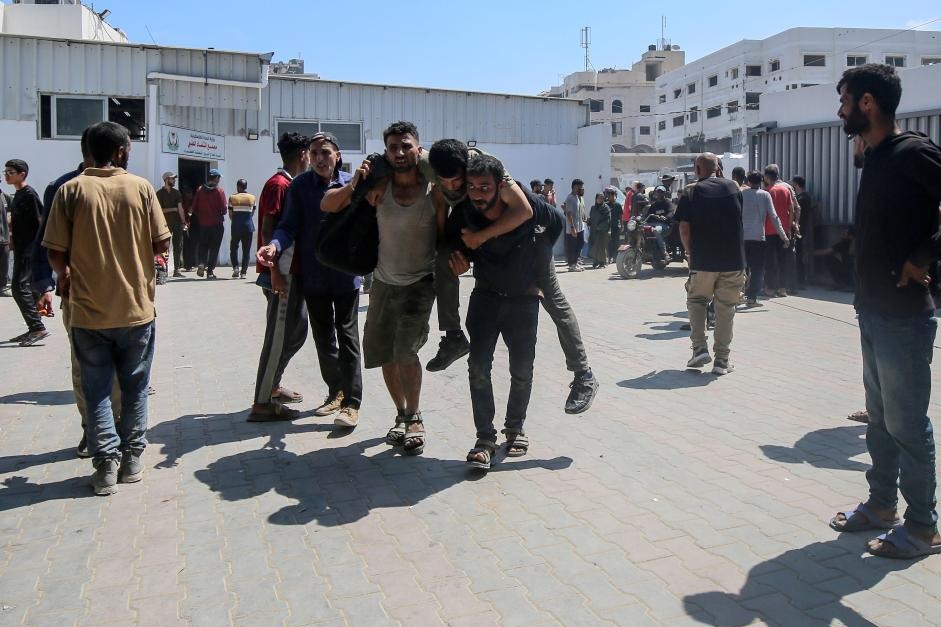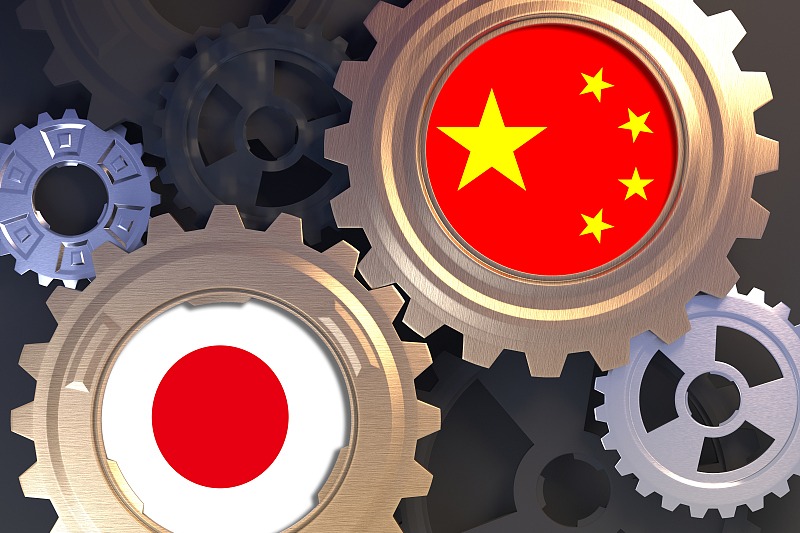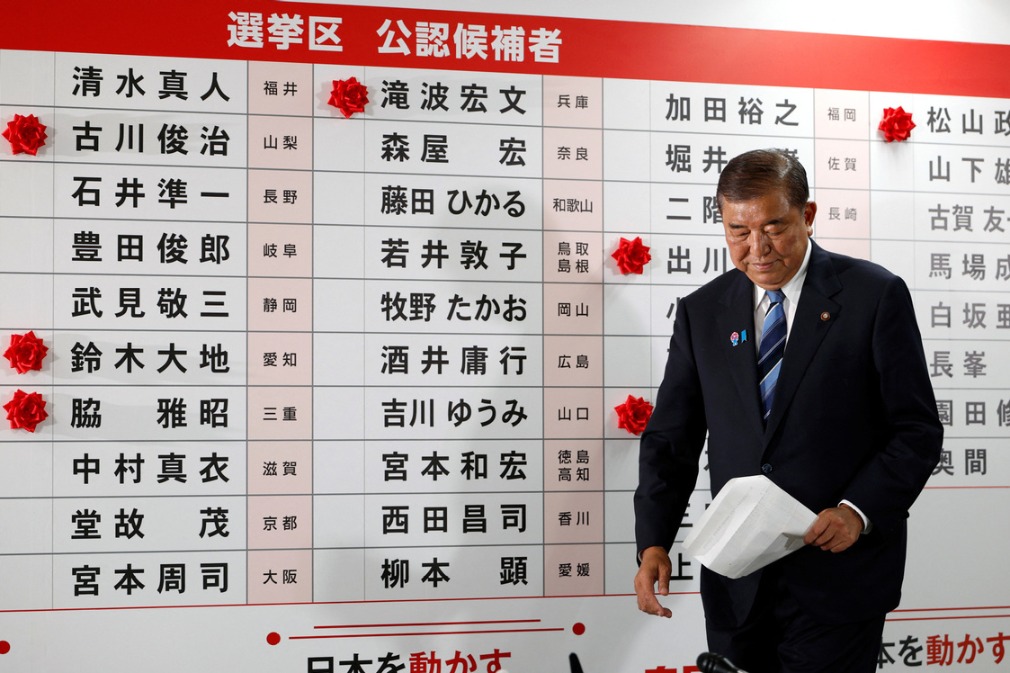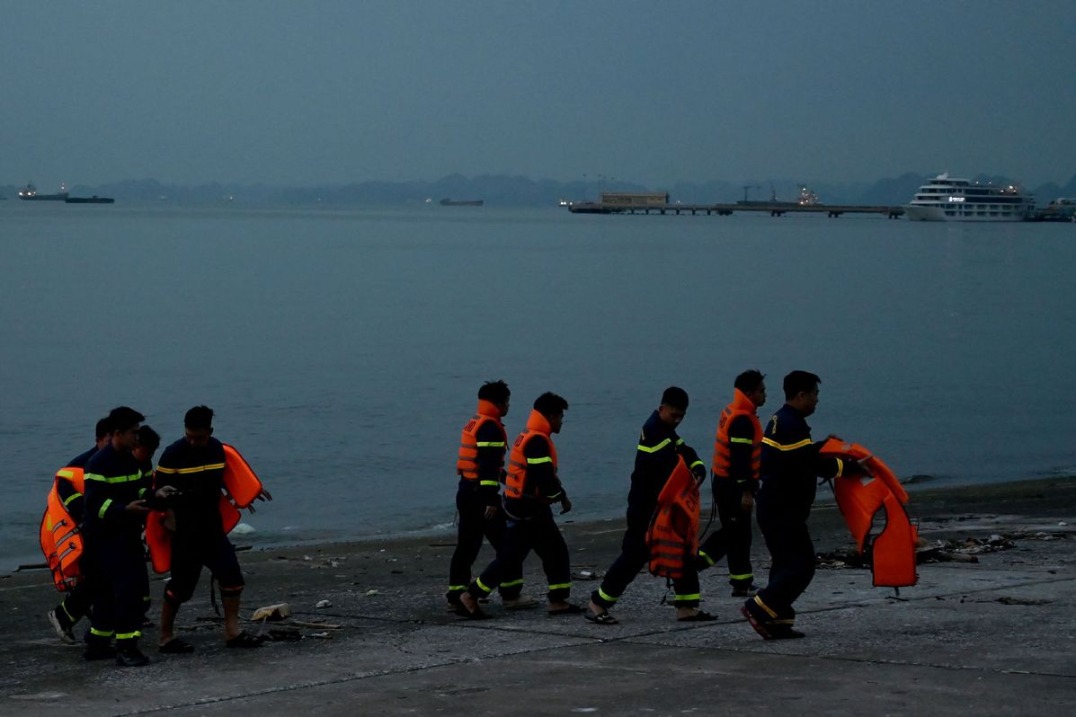Intl unity in fighting fascism recalled

The Chinese fought side by side with the anti-fascist Allied powers and the people of various countries during World War II, receiving widespread support from the international community, according to experts at a briefing on Monday about marking the 80th anniversary of the victory in the Chinese People's War of Resistance Against Japanese Aggression (1931-45).
During the briefing in Beijing, held by the State Council Information Office, Wang Junwei, chairman of the Academic and Editorial Council of the Institute of Party History and Literature of the Communist Party of China Central Committee, said, "We will not forget the support in manpower and rations provided by the Allied powers — the Soviet Union, the United States and Britain — for the Chinese People's War of Resistance.
"This was also an important factor in China's victory in the War of Resistance Against Japanese Aggression," he added, citing support such as the US Flying Tigers aviation veterans who fought shoulder to shoulder with Chinese troops.
At Monday's briefing, journalists from across the globe took the opportunity to speak to four leading Chinese scholars focused on contemporary history studies.
Many reporters raised questions about why China considers the war to have started in 1931 rather than 1937, and how Beijing will engage with countries such as the US in revisiting the war's heritage this year.
On Sept 18, 1931, China became the first country to engage the forces of fascism when the occupying Japanese troops blew up a section of railway near Shenyang in Northeast China's Liaoning province.
On July 7, 1937, Japanese troops attacked the Chinese garrison at Lugou Bridge, also known as Marco Polo Bridge, in Beijing, marking the escalation of Japanese aggression into a full-scale invasion and the start of China's nationwide resistance.
First gunshot
Wang Chaoguang, former director and a researcher of the Institute of World History of the Chinese Academy of Social Sciences, said, "The brave resistance started by Chinese troops and civilians in Northeast China was not just about firing the very first gunshot (in 1931)."
That first gunshot was greatly significant, considering that many major countries at that time were not fully aware of the hazards brought by fascism and "some were even subscribing to a policy of appeasement ", he said.
"At that moment, we had already sent strong alerts to people around the world against the hazards of such militarist aggression and expansion," Wang added.
































